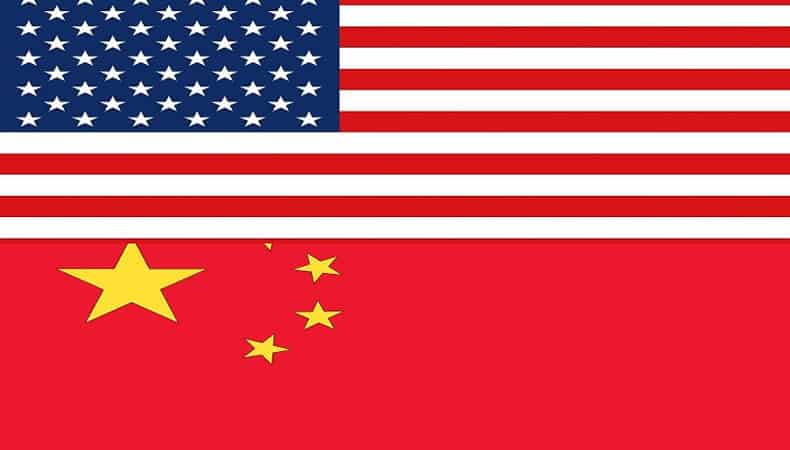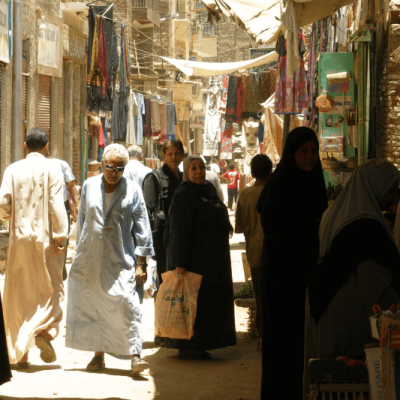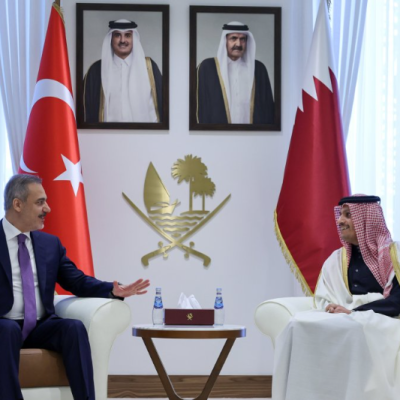Afghanistan: The Taliban prohibits foreign currencies

The two countries haven’t met since the Phase One negotiations in January this year, during which time their relationship has deteriorated significantly.
US and China have been at the throes of a trade war since 2018, disrupting supply chains and upending political orders. Earlier this year there was a thaw in the affairs when the two countries agreed to the relaxation of some restrictions and tariffs on the goods they import from each other. But a lot has happened since then and the upcoming trade talks might not be able to pick up from where hat at least 25 people were killed and more than 50 were injured in an assault on the capital’s most significant military hospital, Kabul.
At the same time, for months now, the Taliban government has been lobbying for access to the billions of dollars of Central Bank reserves, blocked following the coup. Similarly, everything that was owned abroad by the Afghan state cannot be touched by the Taliban until the executive is recognized as legitimate. Meanwhile, the country is severely hit by drought. It faces a liquidity crisis and the continuing shortage of necessities that leads part of the population to have nothing to eat.
In this context, G20 leaders pledged to provide humanitarian assistance directly to Afghan citizens, following the special summit on October 12. The European Commission has announced the disbursement of one billion euros in aid, specifying that this will not go through the Taliban government. Some of the European Union funds have been allocated to guarantee support also to neighboring states.
“We must do everything possible to avoid a serious humanitarian and socio-economic collapse in Afghanistan. We have to do it quickly,” said Commission President Ursula von der Leyen. The protection of human rights, specifically those of women and minorities, remains a critical point for European countries, which will not recognize the government if it does not commit itself to these issues.
Instead, in the first high-level visit between the two sides, on October 25, China assured that it would respect Afghanistan’s sovereignty, independence, and territorial integrity. Faced with the country’s difficulties, Beijing has urged the United States and the West to lift the sanctions imposed and called on all parties to engage with the Taliban in Afghanistan rationally and pragmatically. After more cautious first steps, on October 25, the Russian special envoy for Afghanistan, Zamir Kabulov, announced that almost all the countries that had taken part in the Moscow talks on Afghanistan were ready to recognize the new executive in Taliban guide.
The United States, meanwhile, has insisted that the government will be evaluated based on its actions. In the first talks between senior US and Taliban officials in Qatar on October 9 and 10, the parties discussed providing “solid humanitarian assistance” for the direct benefit of the Afghan people. From Kabul, the Taliban Foreign Ministry reported that the two-day meeting with US representatives had gone well.
The Taliban had “welcomed the US offer to provide humanitarian assistance,” stressing those local authorities facilitate this process. However, the government specified that such support “must not be linked to political issues.” Representatives of the Taliban also stressed the need to restore diplomatic relations and fully implement the agreement signed between the two parties, again in Doha, Qatar, on February 29, 2020.




